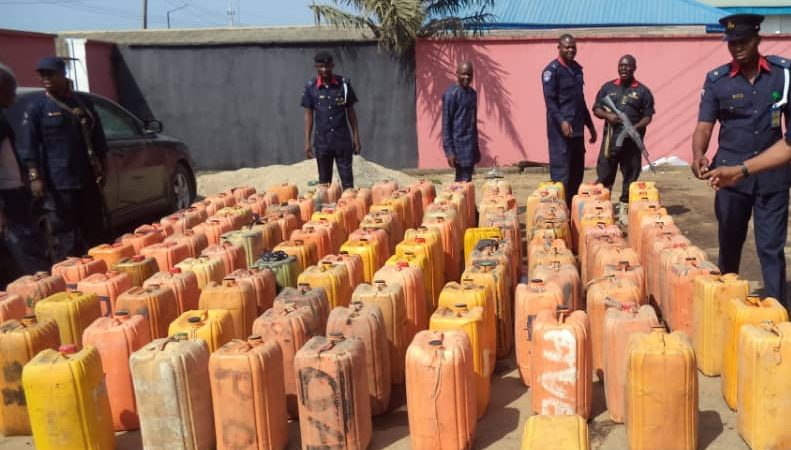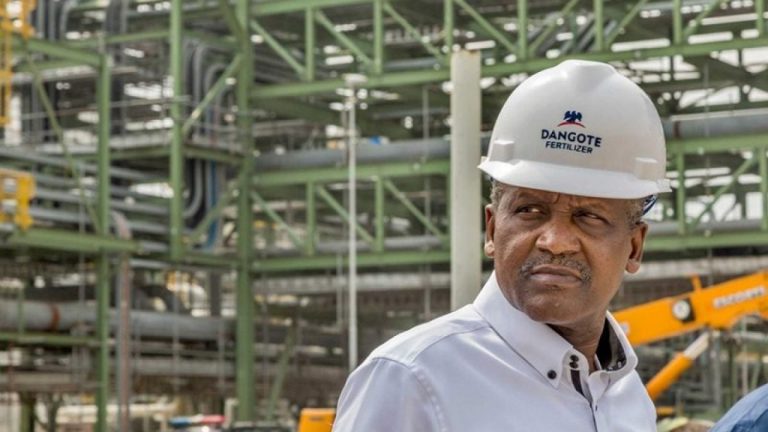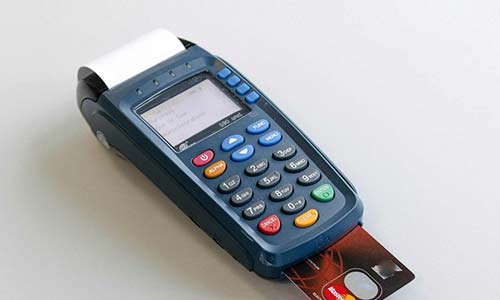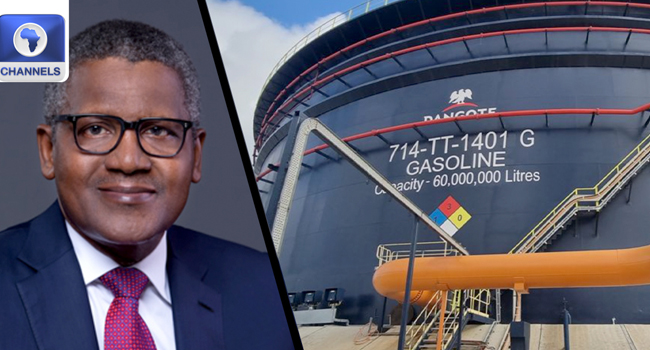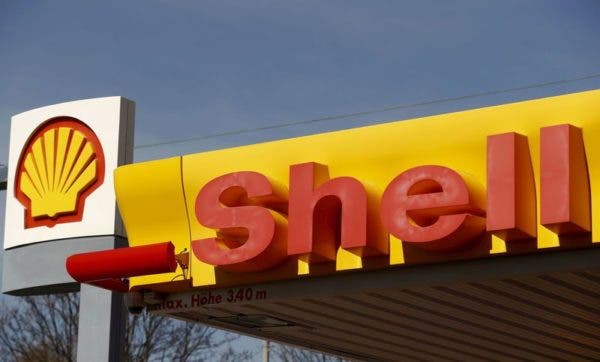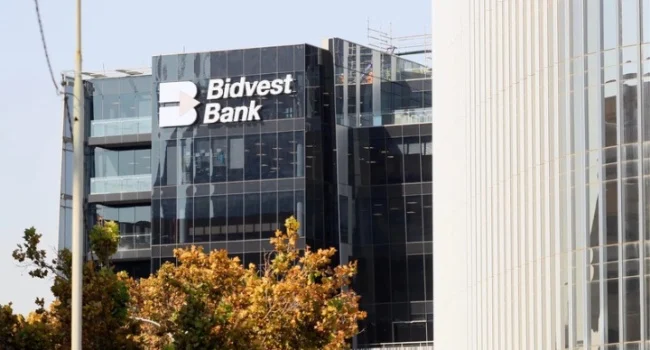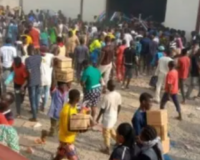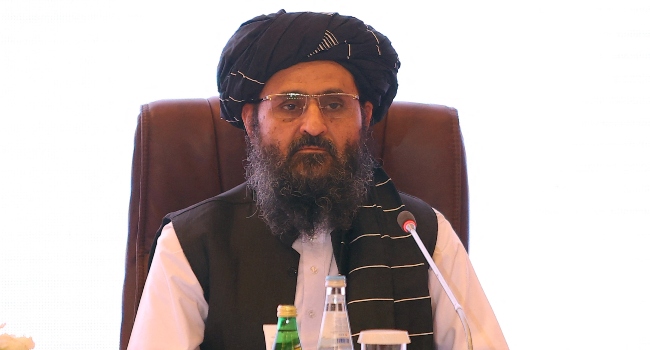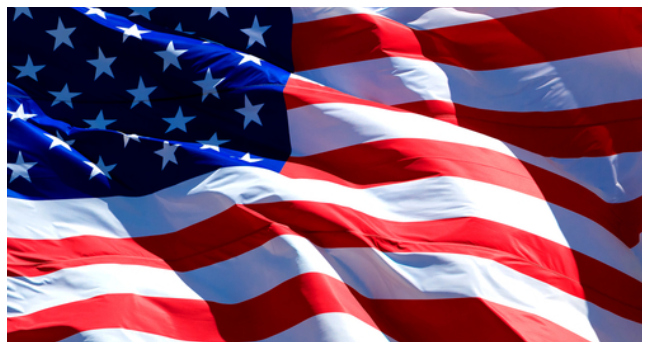NNPCL slashed petrol price to N899 per litre – PETROAN
The Nigerian National Petroleum Company Limited has reduced its ex-depot price of Premium Motor Spirit, commonly referred to as petrol, from N1,020 to N899 per litre. This decision, coming days after the Dangote Refinery reduced its price to N899, was confirmed by the Petroleum Products Retail Outlets Owners Association of Nigeria in a statement released […]


